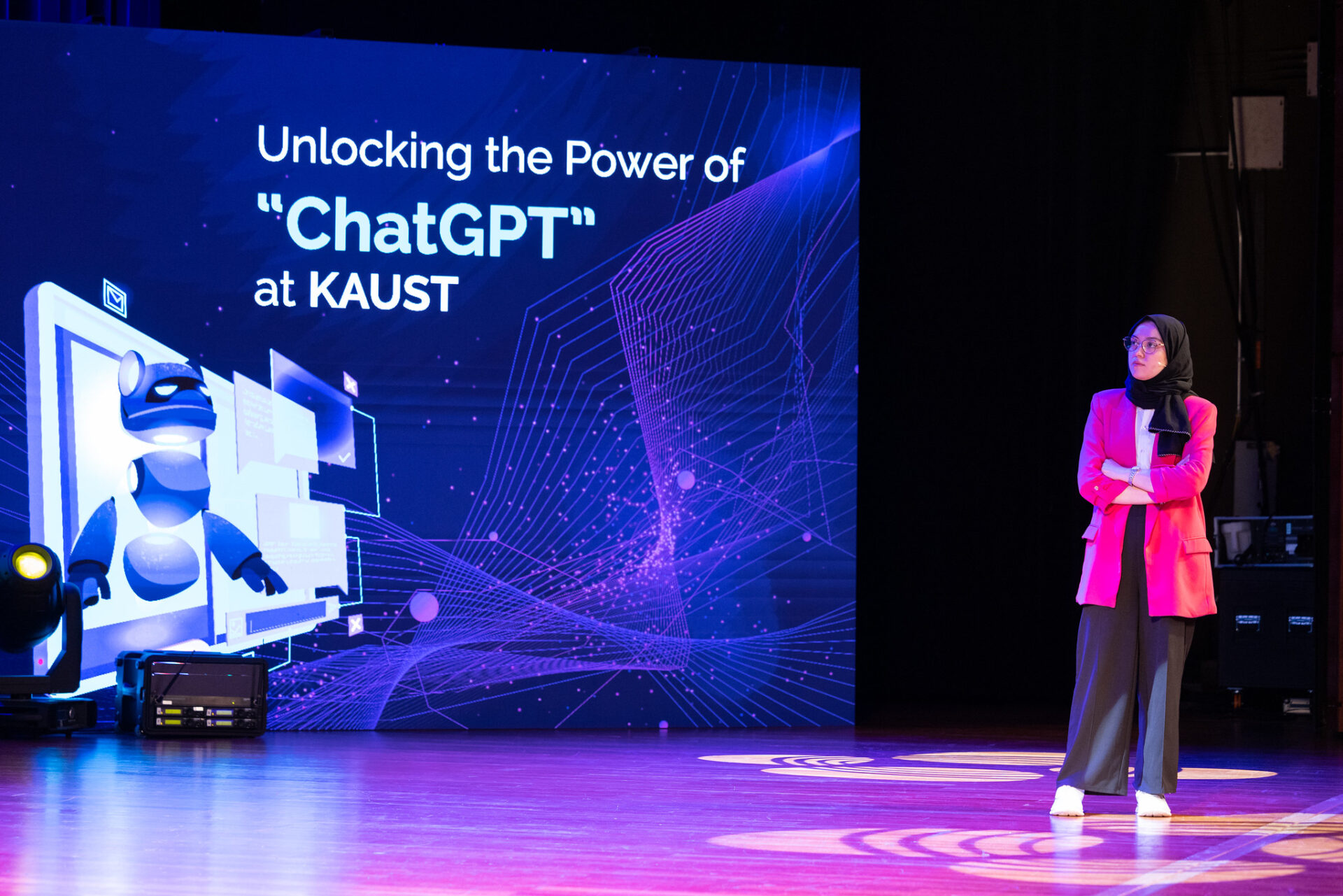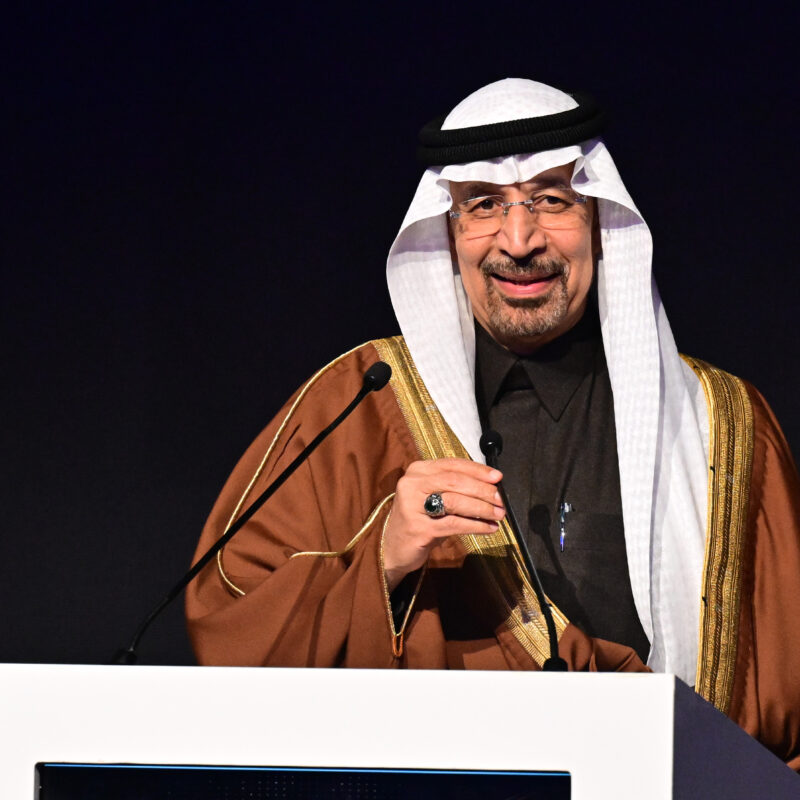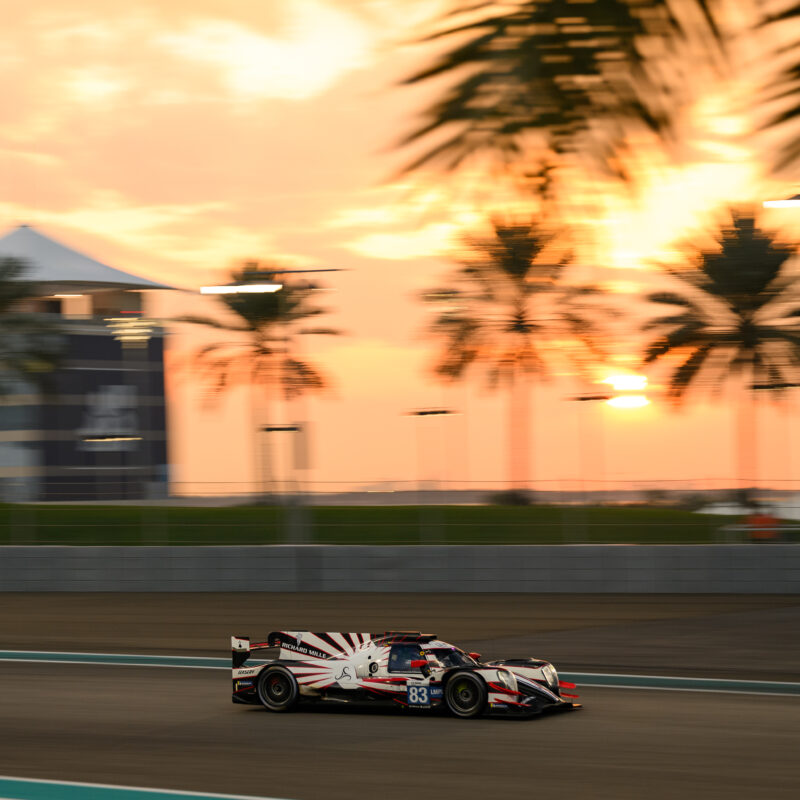
KAUST PHOTO
Saudi Arabia aims to address gap between ivory tower and economy
Tech university to open center for applied research, launch $200 million venture fund amid strategic overhaul of school
Saudi Arabia is getting more nimble as it tweaks the direction of its biggest research university to provide economic opportunities for the country.
Saudi Crown Prince Mohammed bin Salman announced an ambitious strategic overhaul in mid-August at King Abdullah University of Science and Technology, known as KAUST. The plan includes a new institute to accelerate the commercialization of the university’s research, restructuring KAUST’s research centers to match national economic priorities and a new $200 million deep-tech fund to invest in early stage companies.
The prince dubbed it “a new era for the university” that seeks to more tightly connect the school’s research priorities with the kingdom’s Vision 2030 plan to diversify the kingdom’s economy away from oil revenues.
Saudi Arabia has a stated goal of becoming a global leader in research and development, with an annual investment target equivalent to 2.5% of gross domestic product by 2040.
The university, which is located in Thuwal, a coastal village north of Jeddah, will focus its research efforts on economically productive sectors like health, sustainability and the environment, energy and industry, according to a statement.
The new investment fund also bridges a gap: Deep tech, which often addresses complex engineering or scientific problems, is under-invested in the region, with Middle East venture capital investors often looking to pour money into already-proven technologies or business models that have been successful elsewhere.
KAUST itself is a unique institution in Saudi Arabia. Unlike other universities in the kingdom, it is one of only a few that are coed, and where classes in Islam are not required. KAUST also has internet access that falls outside the Ministry of Education’s jurisdiction and censors, according to a paper in the peer-reviewed U.S. Journal of Education and Practice.
In the 14 years since it was established with a $10 billion endowment (now estimated at around $20 billion), the school has regularly ranked highly among global universities for citations-per-faculty, a measure of research output, while at the same time becoming more tightly aligned to Saudi Arabia’s economy.
“KAUST has improved the rate at which it produces commercially viable innovations significantly in the last five years,” Omar Al-Ubaydli, the director of research at the Bahrain Center for Strategic, International and Energy Studies, told The Circuit.
“They’re highly active in things like solar power, desalination and material sciences.
“One thing they’re emphasizing more now than before is that the research outputs of the university be tailored to the needs of the local economy,” Al-Ubaydli continued. “That’s not something that was emphasized before.”
Previously, the university was focused on “getting high-quality scientists and letting them do research. Now, they’re very much directing the researchers and providing the funding to solve pressing local problems,” Al-Ubaydli added.
The new strategy aims to support economic diversification, contribute to the creation of new high-tech jobs and provide opportunities for researchers, faculty members and students to apply their research.
KAUST will also look to strengthen existing partnerships with local players like Aramco and its petrochemicals subsidiary Sabic, and renewables firm Acwa Power, as well as international companies IBM, Dow and Boeing.
“Among the most important initiatives resulting from these partnerships is the KAUST Reefscape Restoration Initiative, in partnership with Neom, which will focus on cultivating and restoring hundreds of thousands of coral reefs on an area of 100 hectares, on Shushah Island in the Red Sea,” KAUST said in a statement.
The university has also inked a strategic cooperation agreement with leading academic and commercial institutes in the Chinese city of Shenzhen to collaborate on applied research across cutting-edge fields like aerospace, robotics and microelectronics.


